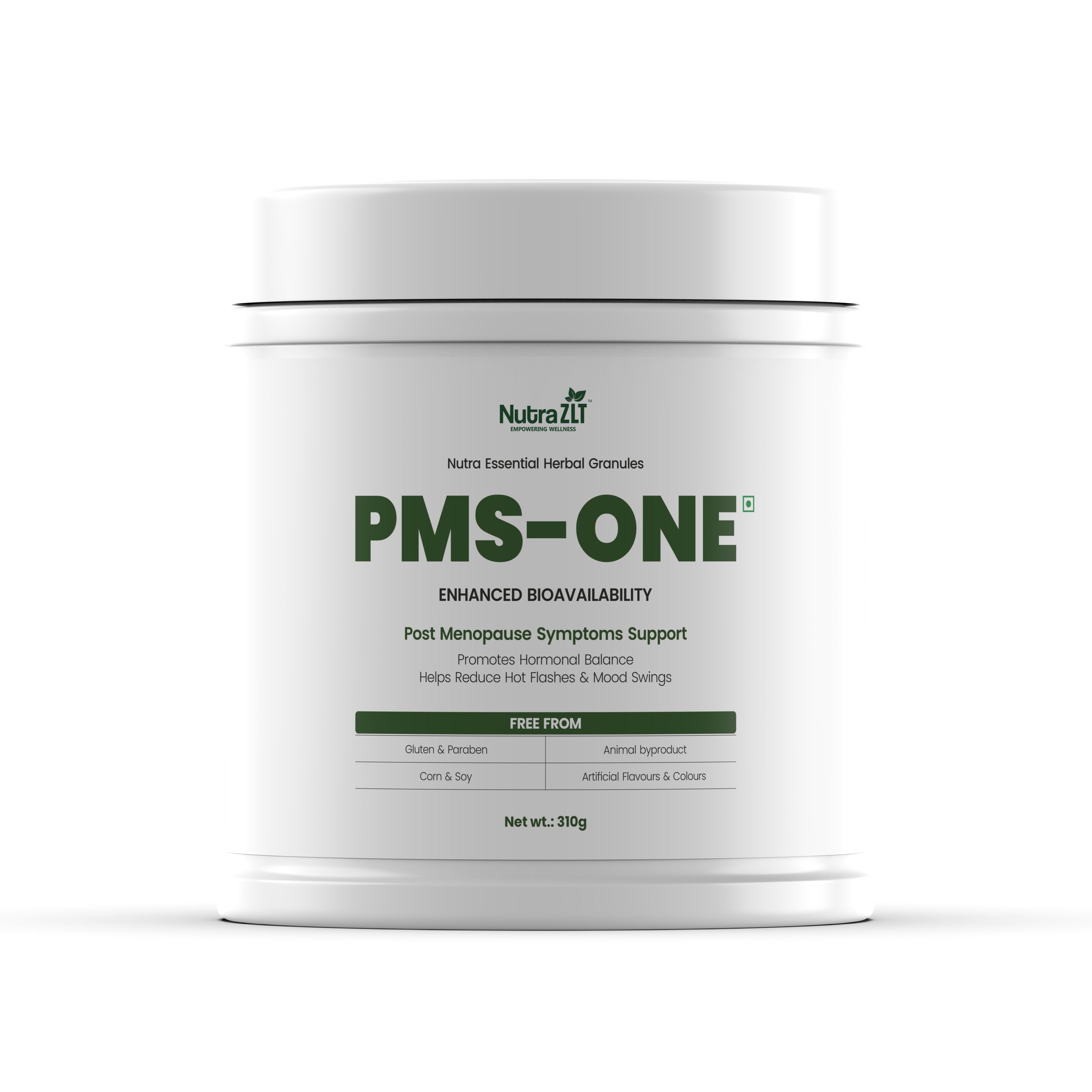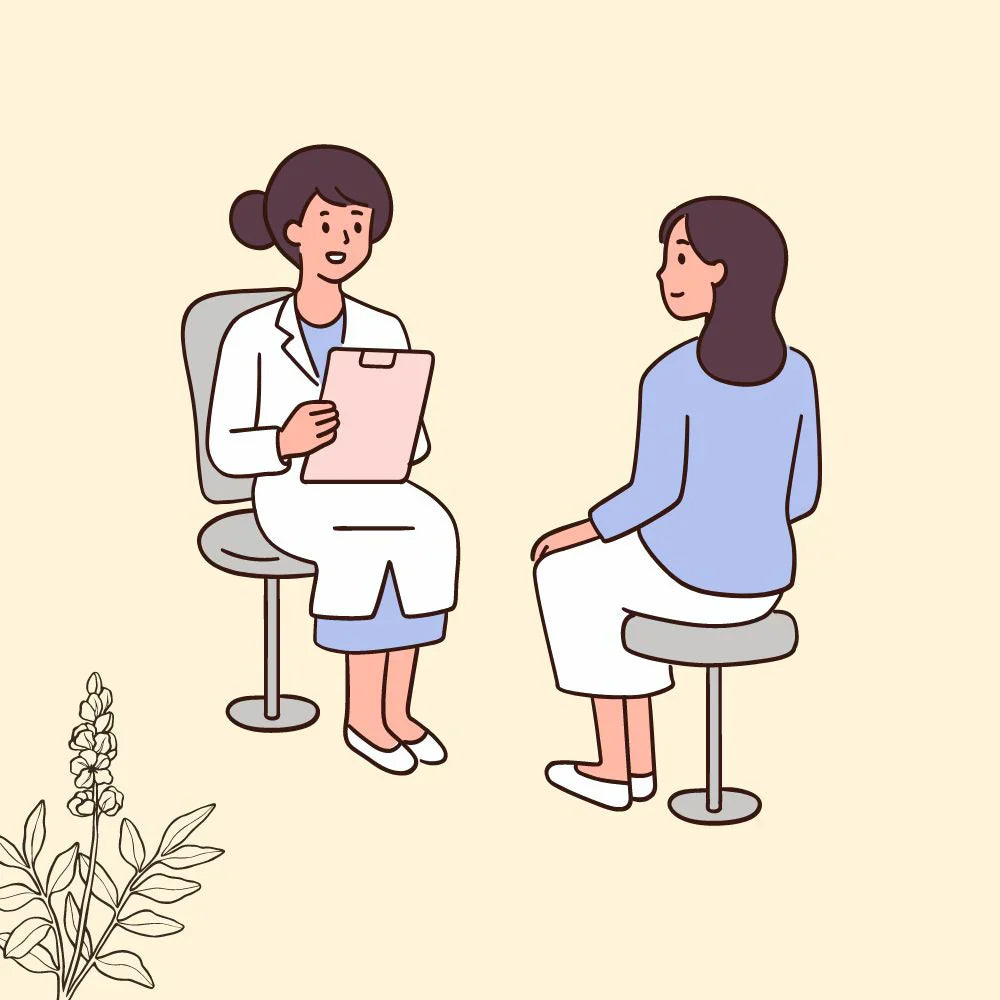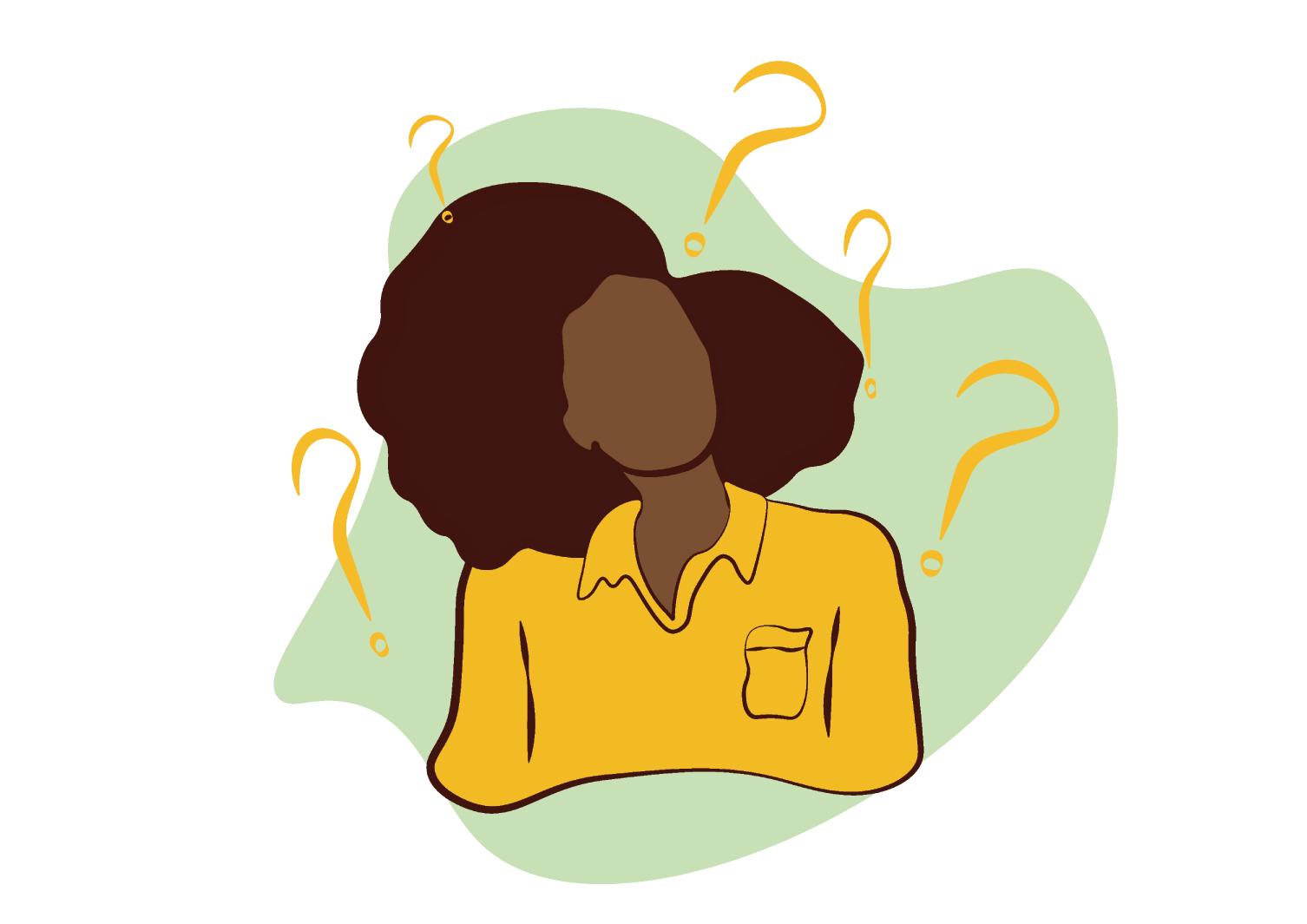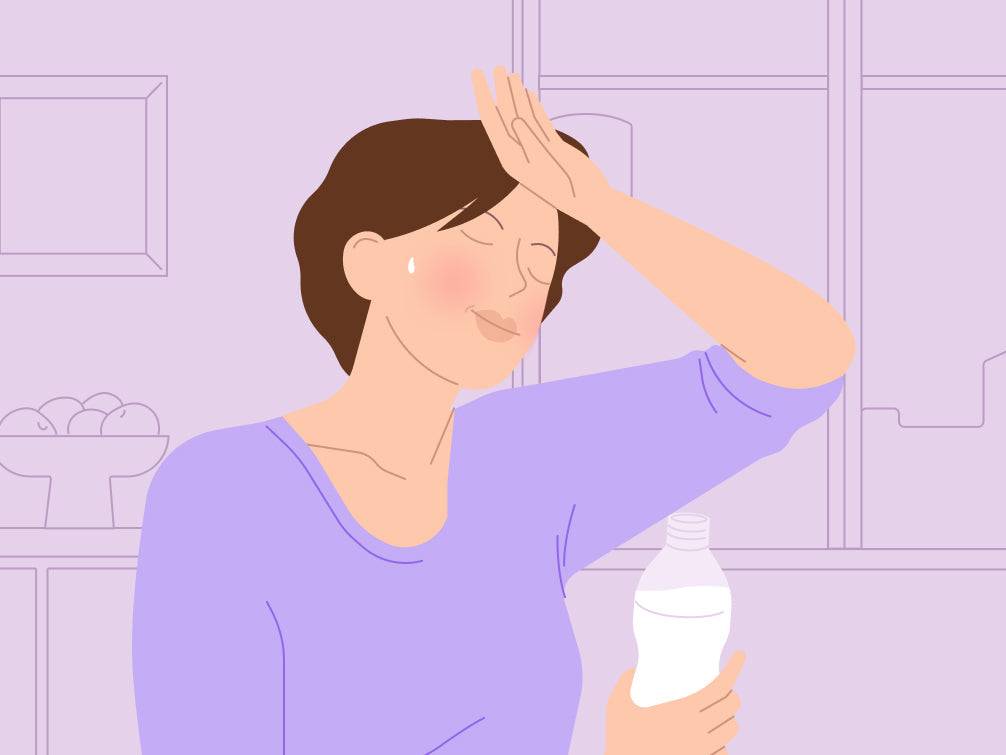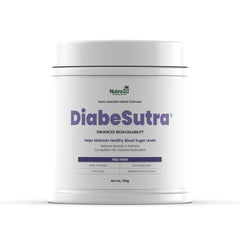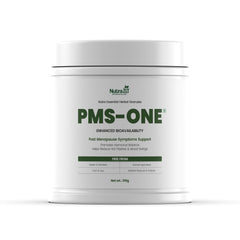Introduction
Menopause is a natural biological process every woman undergoes, but everyone misinterprets and does not pay enough attention to it, particularly in India. A large number of women silently suffer the consequences of hot flashes, mood swings, insomnia, fatigue, and stiffness in their joints without seeking medical assistance because they fear that their families will think that they are sick. The truth is that menopause is not an illness, but a stage in life which should be treated and supported in a wholesome manner.
The Indian Menopause Society further indicated that the average age of menopause among Indian women is 46-47 years, which is almost five years earlier than the average across the world. Over 130 million Indian women will be in the menopausal/post-menopausal age group by 2030 and it is a burning public health and family wellness concern.
The present blog addresses the science of Ayurveda in the management of perimenopause and post-menopause with the help of PMS-ONE™ Nutra Essentials Herbal Granules, a formulation of PhytoEarth combination of yoga, nutrition, and herbal science to ensure the harmony of womanhood in post-menopause.
Perimenopause and Post-Menopause: The Indian Reality
Menopause is described as the condition which occurs as the result of the natural deterioration of the ovarian process in women which results in an irreversible loss of menstrual activity. Its pre-menopausal years (also referred to as the perimenopause) may take 4-7 years and are characterized by hormonal changes.
- Age of Onset in India: 46-47 years old (compared to 51-52 years in the West)
- Urban vs. Rural Divide: Women in urban areas have more symptoms of stress such as insomnia and irritability whereas women in rural areas have more nutritional deficiencies that cause problems with bones and joints.
- Occupation Split: Occupation split refers to the difference in how menopause symptoms manifest among women based on their daily roles, work environment, and lifestyle patterns.
-
-
Working professionals: Complains of fatigue, lack of memory and poor performance.
-
Homemakers: A greater propensity to experience hot flushes, increased weight, and stiffness of the joints.
-
Unfortunately, more than 70 percent of Indian women neither want to consult medical or herbal services especially in the face of menopause mostly because of stigmatization, ignorance and menopause silence among families and work places.
Common Symptoms Affecting Quality of Life
-
Vasomotor Symptoms: Hot flashes, night sweats, palpitations.
-
Psychological Symptoms: Mood swings, anxiety, irritability, depression.
-
Physical Symptoms: Joint pain, hair thinning, dry skin, weight gain.
-
Cognitive Symptoms: Memory lapses, poor focus, decision fatigue.
These symptoms can drastically affect women’s personal, family, and professional lives.
The Role of Family, Friends, and Colleagues
Menopause is not the problem of an individual, but the problem of a family and society.
-
Partners are able to provide empathy, judgmental-free listening as well as promote wellness practices.
-
Through children (daughters and sons), we can normalize the discussion of menopause and help mothers to cope with this process.
-
The isolation can be mitigated through the sharing of experiences by friends.
-
Menopause-friendly policies that can be stipulated in workplaces include flexible work schedules and sensitization programs.
Harmony does not only exist in the body but also in the environment surrounding the body as Ayurveda states.
Ayurvedic Perspective on Menopause
Ayurveda does not consider menopause as a disease but a natural transition, where the reduction of the reproductive hormones causes an imbalance in Vata and Pitta doshas.
-
Vata imbalance → anxiety, insomnia, joint pain.
-
Pitta imbalance → hot flashes, irritability, mood swings.
The Ayurvedic takes a balance restoring approach that is done by using Rasayana (restoring herbs), diet and lifestyle practices such as yoga and meditation.
According to Dr. P.H. Kulkarni, Ayurvedic Physician:
“Ayurveda helps us to see menopause as a gateway to knowledge and rebirth rather than downfall. We have the ability to alleviate vasomotor symptoms, decrease stress and enhance bone and cognitive health with the help of Rasayana herbs, such as Shatavari, Ashwagandha, and Mandukparni.”
Conclusion
Menopause is not a disease but a normal process that should be aware and handled with passion and proper support system. Although lifestyle change, family support and workplace sensitivity are all essential, natural interventions may have a transformational role in helping to make the journey less stressful. Using the holistic approach Ayurveda provides a safe and effective method of balancing mind, body and hormones at this very important life stage.
PMS-ONE™ Nutra Essentials Herbal Granules reaffirm this wisdom by integrating the Ayurvedic wisdom of old and the contemporary nutritional science. The special PhytoEarth formula aids in the alleviation of vasomotor symptoms such as hot flash and night sweats, mood swings, restful sleep and improves bone and joint condition. Through perimenopause and post-menopause struggles, PMS-ONEtm enables women to face this life-stage with a decent amount of strength, clarity, and harmony.
Menopause can indeed be a new birth--a new birth that glorifies life, wisdom, and harmony with nature with the right knowledge and natural support.

